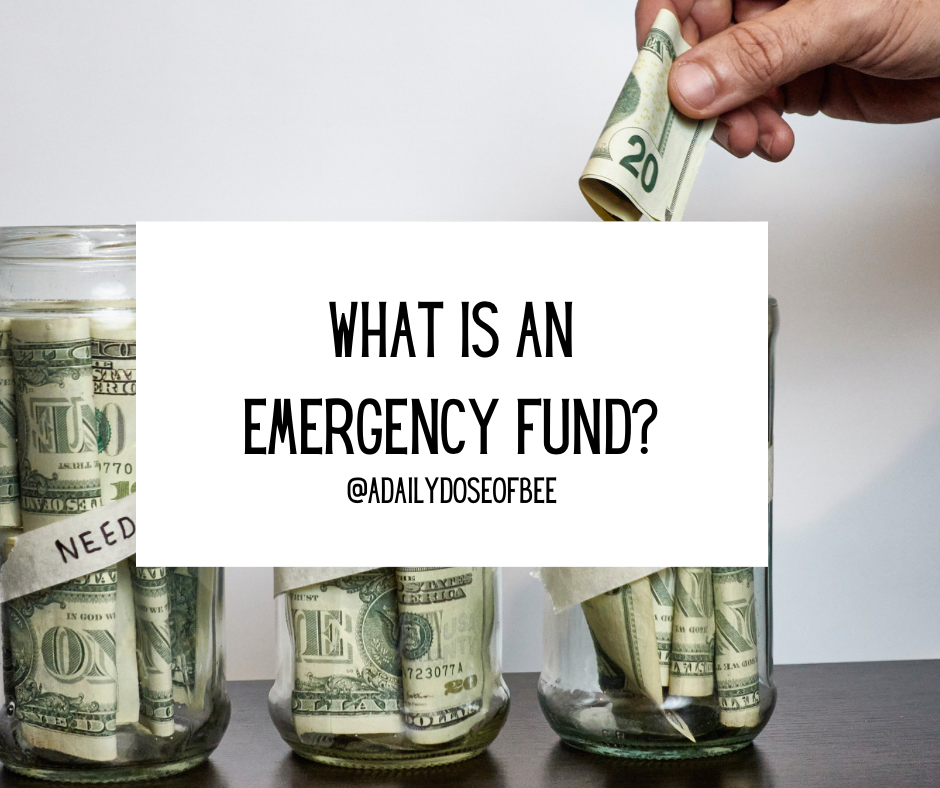The cost of living crisis has forced many people to tighten their budgets in order to make ends meet. I am no exception and have had to carefully plan my budget to make sure I can survive. Having an emergency fund is crucial to budgeting, and I want to share this important information with you all.

What is it?
An emergency fund in budgeting is a designated amount of money set aside for unexpected or unforeseen expenses, such as medical bills, car repairs, or job loss. It is meant to provide financial stability and security during unforeseen events, reducing the need to rely on high-interest debt, such as credit cards. The goal is to have enough money saved to cover 3-6 months of living expenses. It is a key component of a responsible and effective personal financial plan.
How To Build an Emergency Fund?
Building an emergency fund involves setting aside a portion of your income each month into a savings account specifically designated for this purpose. Here are some steps to help you build an emergency fund:
- Determine your emergency fund goal: Start by figuring out how much money you need to save to cover your basic expenses for 3-6 months.
- Open a savings account: Choose a savings account specifically designated for your emergency fund. You may want to consider an account with a high-yield interest rate so your money can grow faster.
- Set aside a portion of your income: Decide how much money you can afford to save each month and make it a priority to transfer that amount into your emergency fund account.
- Automate your savings: Set up automatic transfers from your checking to your savings account each month to make it easier to save.
- Avoid dipping into your emergency fund: Try to avoid using the money you’ve saved for unexpected expenses unless it’s truly an emergency.
- Increase your contributions as your income grows: As your financial situation improves, consider increasing the amount of money you save each month to build up your emergency fund more quickly.
Building an emergency fund takes time and discipline, but it is a critical component of a solid financial plan. By saving regularly and avoiding the temptation to use your emergency fund for non-emergency expenses, you can build a cushion that will provide peace of mind in times of financial stress.
You can check out all of my budgeting posts here!
Love, Bee xxx
